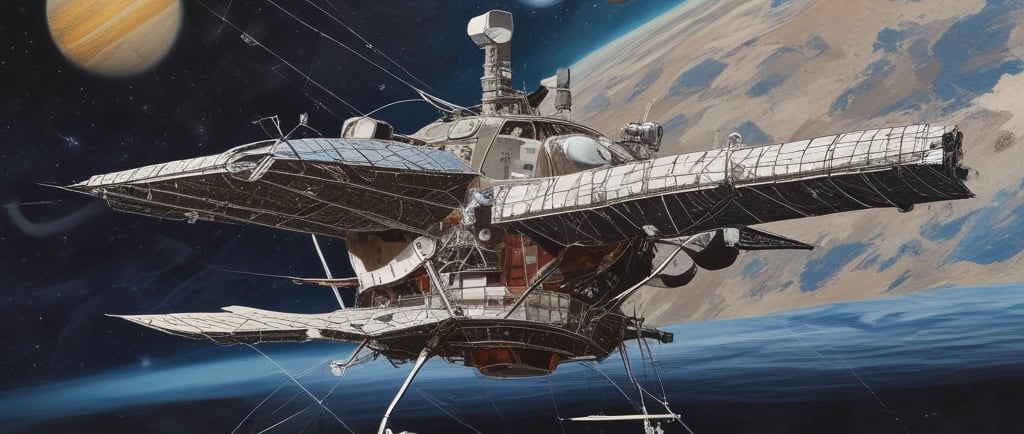Space Race: a new ground for battlefield and debris.
Geopolitical ambitions of world powers threaten the future of collaboration in outer space.


The 21st century has witnessed a new era of the space race, driven by advancements in technology and the desire for exploration beyond our planet. Private companies alongside governmental agencies have joined forces and initiated ambitious projects aimed at reaching Mars, establishing lunar bases, and even tapping into resources from asteroids. Nations like the United States, China, and India are fiercely competing to innovate and showcase their capabilities, leading to significant investments in research and development. This modern competition is not just about national pride; it also represents the potential for economic growth, scientific discovery, and international collaboration. In this exhilarating quest, humanity stands at the threshold of a new frontier, inspiring a generation to look up at the stars and dream of what lies beyond, reshaping our understanding of space and our place within it. The challenges and triumphs of the 21st-century space race could define our future in profound ways.
In the vast expanse of space, the potential for warfare and confrontation has become an unsettling reality. Nations and private entities are increasingly vying for dominance over strategic celestial territories and resources, leading to escalating tensions and the development of advanced technologies designed for combat in the cosmic arena. Satellite systems are not just tools for communication or observation; they have transformed into pivotal assets in military strategies, capable of both surveillance and offensive actions. The notion of space as the ultimate high ground is now firmly embedded in military doctrines, compelling countries to invest heavily in their space capabilities. As humanity ventures deeper into the cosmos, the risks of conflict beyond Earth’s atmosphere loom large, prompting urgent discussions about the need for treaties and regulations to govern the militarization of space, ensuring that the final frontier remains a realm for exploration and collaboration rather than an arena for conflict.
As the prevalence of space activities continues to increase, the issue of space debris has emerged as a significant concern for both national and international communities. Space debris, which includes defunct satellites, spent rocket stages, and other irregular fragments, poses a threat to operational spacecraft and the safety of astronauts. To address this alarming issue, several treaties and agreements have been established, such as the Outer Space Treaty and the Convention on Registration of Objects Launched into Outer Space. The recent Zero Debris charter is a non-binding treaty for states to reduce satellite debris in the lower orbit. These treaties aim to promote responsible behaviors among space-faring nations, encouraging them to minimize debris generation and establish protocols for the safe decommissioning of spacecraft. Ongoing discussions focus on developing new frameworks to enhance collaborative efforts for monitoring and potentially removing space debris, ensuring that the space environment remains sustainable for future generations of explorers and scientists.
